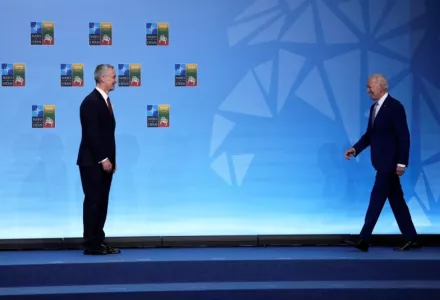Alliance Reassurance and the Image of the Imperial Presidency
Speaker: M. Patrick Hulme, Postdoctoral Fellow, International Security Program
Recent work in the alliance politics literature has highlighted various "strategies of reassurance." The speaker argues that this extensive literature has overlooked a critical element in U.S. reassurance of its allies: perceptions of an American presidency willing and able to act unilaterally. Specifically, while allies seek for the American commitment to be "automatic," each U.S. defense pact contains a procedural clause conditioning the American commitment on its "constitutional processes." Allies are highly sensitive to this disparity, pressuring the American executive branch to "bridge the gap" through means such as broad assertions of presidential power, demonstrative unilateral uses of force, and tripwire deployments that legally facilitate unilateral action. The article illustrates the logic of the theory through case studies of U.S. alliances with NATO, South Korea, the Philippines, and Thailand. It concludes by considering implications for the efficacy of tripwire deployments and broader debates over American grand strategy.
Open to Harvard ID Holders Only: Admittance will be on a first come–first served basis. Coffee & Tea Provided.


